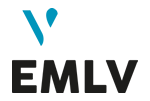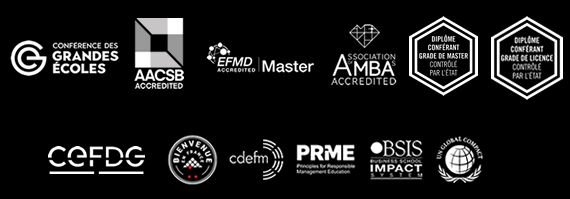A research paper from the Industrial Marketing Management journal of Elsevier on February 10th 2016, published by Rhona Johnsen and Sylvie Lacoste, head of Devinci Business Research Group at Pôle Léonard de Vinci
The purpose of this paper is to present the findings from a critical literature review of the ‘dark side’ issues related to three constructs, namely conflict, power and dependence, in customer–supplier relationships. Previous research has focused on discrete characteristics that influence relationships, but there is a paucity of research that considers the intertwining of a set of characteristics that may create darker associations or consequences for relationships.
The paper contributes to IMP literature through this investigation of darker associations of relationships as much of the previous literature on customer–supplier relationship development has been concerned with building trust, developing commitment or managing long-term goals and mutuality (IMP Group, 1982).
The paper considers the research on conflict, power and dependence in relationships, tracing its development from January 1980 to the end of 2014, and assessing the dark side issues raised in previous research, placing particular emphasis on ‘asymmetric’ customer–supplier relationships.
The contribution of the paper lies in its critique of this focused body of literature and in the development of a better understanding for future IMP researchers on the derivations, foundations and findings concomitant to the ‘dark side’ of conflict, power and dependence in customer–supplier relationships.
The paper proposes themes and future avenues of research related to the dark side of conflict, power and dependence, placing emphasis on the ‘bi-polarity’ of each relationship characteristic, the dynamics of relational benefits, the consequences of their evolution on inter-organizational trust and its impact on the dark side of relationships. Hence, the paper contributes through the identification of potential research areas and propositions to guide future conceptual developments in the field.
Learn more about the Devinci Business Research group: www.devinci.fr
Complete paper: www.sciencedirect.com


















